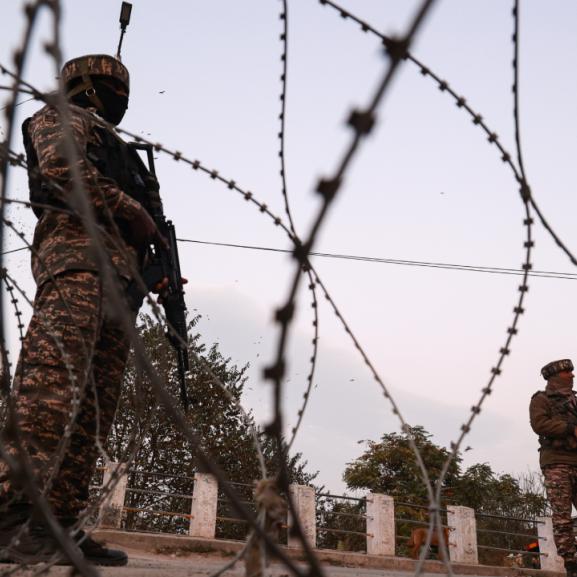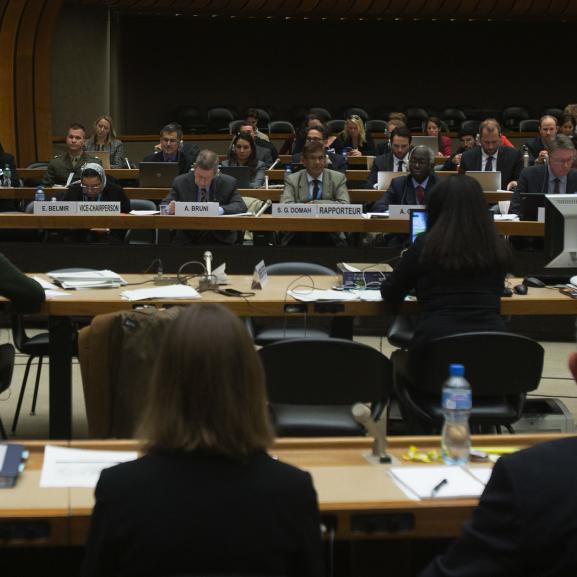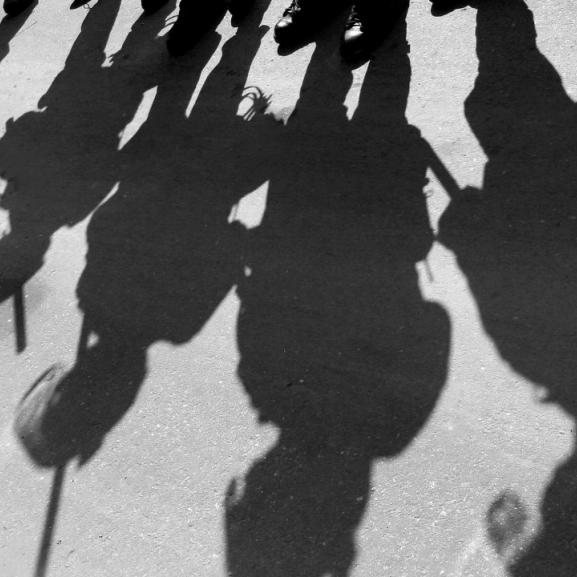Why are human rights and torture off the agenda for CHOGM 2018?
by Ann Hannah, Acting Director of Policy and Advocacy at Freedom from Torture
For the first time in twenty years the UK is hosting the biennial Commonwealth Heads of Government Meeting (CHOGM). This year’s meeting has a particular importance.
The UK media regularly holds the Commonwealth up as an alternate political and trading block as we prepare to exit the EU. In all member states discussions have started about who will lead the Commonwealth in future. These conversations should give our Prime Minister the opportunity to discuss not only what we all want from the Commonwealth in the future but also what our shared values should be and at Freedom from Torture we believe that these should include a deep respect for human rights.
CHOGM 2018 has as its theme “Towards a Common future”. In her advance message the Commonwealth Secretary-General Baroness Scotland declared: “CHOGM 2018 promises to deliver transformational change for the people of the Commonwealth”. She lists four priorities for the London Summit: delivering a Blue Charter on Ocean Governance; trade and investment, cybercrime; and election observations.
What is not on the agenda is the issue of human rights, although continuing abuses are a significant problem in some Commonwealth countries. Article 2 of the Commonwealth Charter states:
We are committed to the Universal Declaration of Human Rights and other relevant human rights covenants and international instruments. We are committed to equality and respect for the protection and promotion of civil, political, economic, social and cultural rights, including the right to development, for all without discrimination on any grounds as the foundations of peaceful, just and stable societies.
We note that these rights are universal, indivisible, interdependent and interrelated and cannot be implemented selectively. We are implacably opposed to all forms of discrimination, whether rooted in gender, race, colour, creed, political belief or other grounds.
Freedom from torture is a key tenet of human rights law and was enshrined in the United Nations Convention on Torture. While most Commonwealth countries have ratified the Convention 19 have yet to do so, including India, Malaysia, Singapore and Tanzania.
Many Commonwealth countries have active and energetic human rights organisations and media outlets who report and document torture and other violations. We know that there are civic authorities who take the issue seriously and do their best to enforce rights protections and uphold the law.
Unfortunately, this is not consistent across the Commonwealth; there are also situations where police, military and security forces are able to act with impunity – detaining and torturing individuals and terrorising communities.
Continuing torture in Sri Lanka
Sadly, every year we receive referrals for people from a number of Commonwealth countries but a particular country of concern for us is Sri Lanka, where abuses on both sides took place during the long civil war between the Government and Tamil nationalists in the north of the country and have since continued.
At Freedom from Torture for many years we have had more referrals for our specialist services from torture survivors from Sri Lanka than from any other country.
Together with other groups inside and outside Sri Lanka we have endeavoured to bring these abuses to the attention of international bodies such as the UN Human Rights Council and to the Sri Lankan government itself. The Commonwealth has largely turned a blind eye. The 2013 CHOGM in Colombo, with President Rajapaksa as host, went ahead with all protests banned.
While the leaders of India, Mauritius and Canada boycotted the meeting, UK Prime Minister David Cameron attended, and called for an independent investigation into the alleged war crimes, saying: “There needs to be proper inquiries into what happened at the end of the war, there needs to be proper human rights, democracy for the Tamil minority in that country."
In the intervening years, the Commonwealth has done little to advance that agenda, to support an independent enquiry or to hold the Sri Lankan government to account.
Our Sri Lankan clients have told Freedom from Torture time and time again that they want to see a credible and effective accountability process with an international dimension. This could have been an ideal opportunity for the Commonwealth to support an accountability process – yet nothing gas happened.
While there have undoubtedly been some improvements in Sri Lanka over the past three years, torture continues and the government has failed to implement a proper accountability mechanism or to reform the security sector. This culture of impunity results in continued abuses.
Of course, Sri Lanka is not the only Commonwealth country with a poor human rights record – there are many others who need support to overcome their past and to ensure a future for all the people of the Commonwealth that enshrines respect for human rights. Calling for the remaining Commonwealth countries to sign and ratify the UN Convention Against Torture is a first step and for those who have already ratified greater political commitment to tackling torture should be a priority.
This is an area where Commonwealth countries could be coming together to share experiences and expertise. Surely in any debate on the future of the Commonwealth and its priorities, it is time for human rights to play a more prominent role.






